A Battle to Save Malawi’s Iconic Forest Unfolds
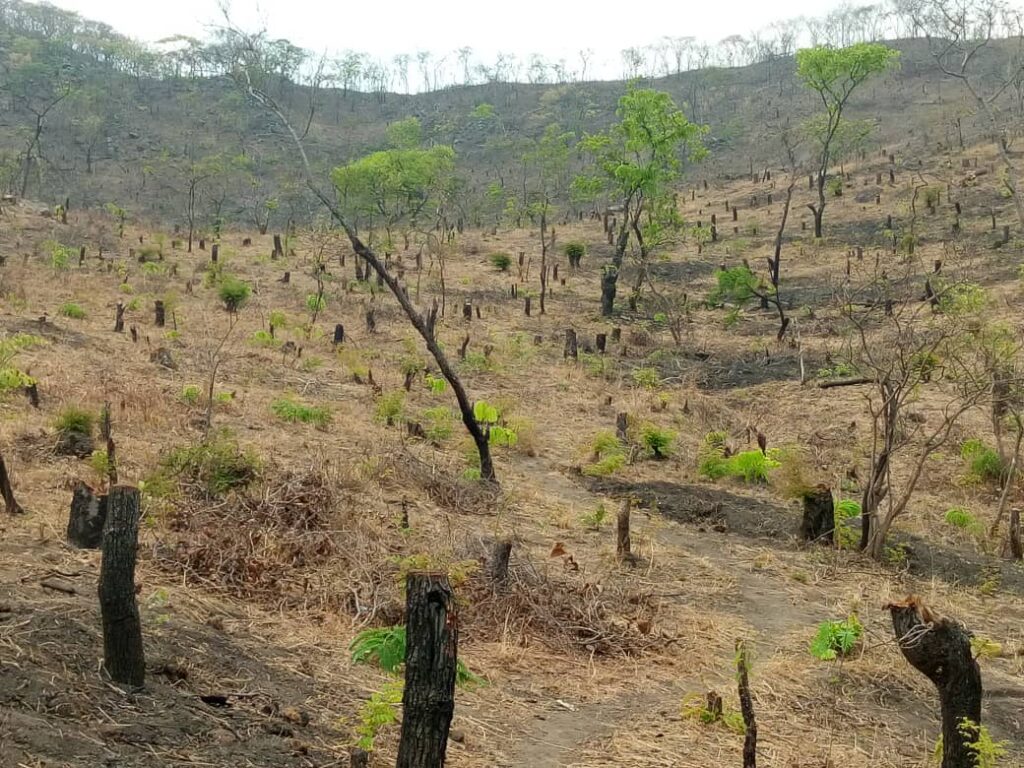
Malawi has committed itself to restoring a further 4.5 million hectares under the Bonn Challenge and the AFR100 by 2030.
Located eight kilometres from Blantyre City in Southern Malawi, Michiru Mountain covers 18 square kilometres. The Michiru Mountain Forest Reserve was established in 1970, covering an area of 3,004 ha. The reserve is home to a variety of wildlife such as leopards, porcupines, baboons, blue and velvet monkeys, bushbucks, and birds including the African paradise flycatcher (Terpsiphone viridis), Heuglins Robin (Cossypha heuglini) and Red-throated Twinspot (Hypargos niveoguttatus) among others. The forest provides direct benefits to the communities in terms of mushrooms, firewood, medicine and religious activities among others. Over the years, the forest has faced pressures, driven by population growth, agriculture, urbanization, and poaching leading to its degradation, further exacerbated by impacts of the COVID- 19 pandemic and Cyclone Freddy which hit the country in March 2023
It is estimated that the forest has now lost over 1,904 hectares, with most of these being indigenous trees species including other biodiversity including the Southern Ground-Hornbill (Bucorvas leadbeateri) and the Red-necked Falcon (Falco chicquera ) which were last spotted in 1991 and 2009 respectively. Further, destruction of the forest has also severely impacted tourism in the area. Further aggravating the situation is the limited human resource capacity to protect the forest reserve whose jurisdiction falls under the country’s Department of Forestry and Department of National Parks and Wildlife.
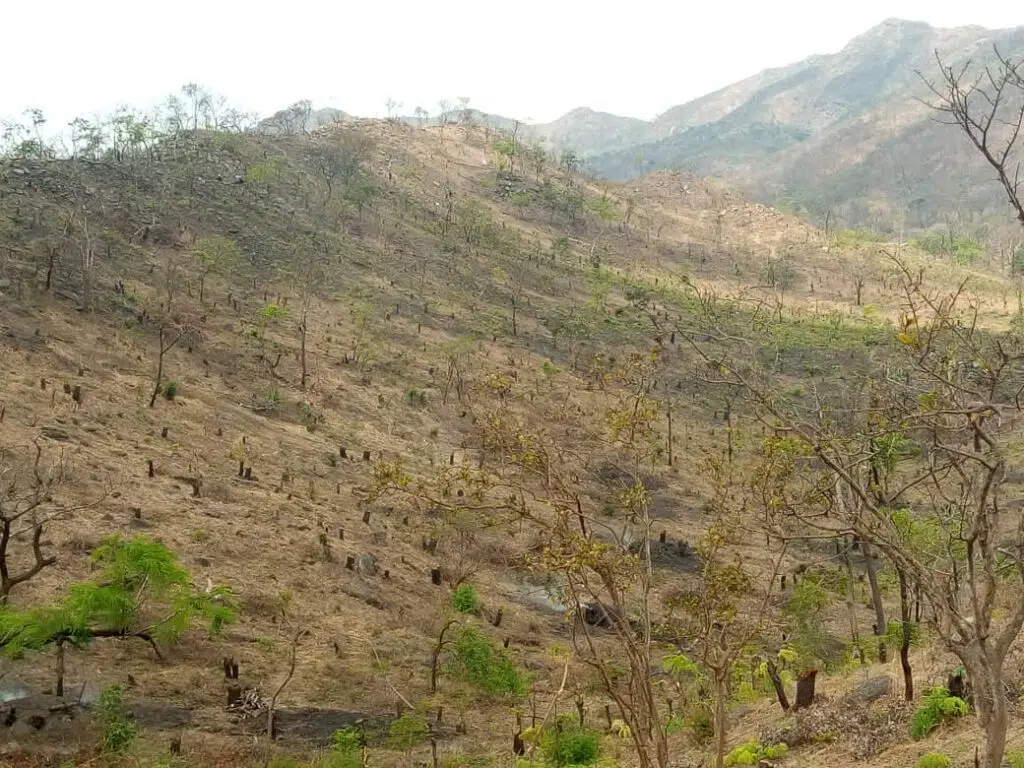
At the 2022 UN Convention to Combat Desertification (UNCCD) COP15 in Cote d’Ivoire, Malawi committed to restore more than 4.5 million hectares of degraded forests by 2030, as part of the fight against climate change. Further the country has committed itself to restoring a further 4.5 million hectares under the Bonn Challenge and the AFR100 by 2030. On the flipside, the situation paints a rather grim picture with green spaces in the country disappearing at an alarming rate. It is estimated that about 7.8 million hectares of land are degraded against a total land area of 8.1 million hectares.
Consequently, the Malawi Wildlife and Environmental Society of Malawi (WESM) – BirdLife Partner in Malawi, is joining other Malawians and other concerned stakeholders, calling for an immediate stop to the ongoing destruction of Michiru Forest Reserve. The forest, which is currently undergoing illegal and wanton logging, is in danger of destruction. WESM is calling upon government agencies to take decisive action to stop further damage to the forest. At the same time, urgent support is needed to rehabilitate the forest and put in place a management plan.
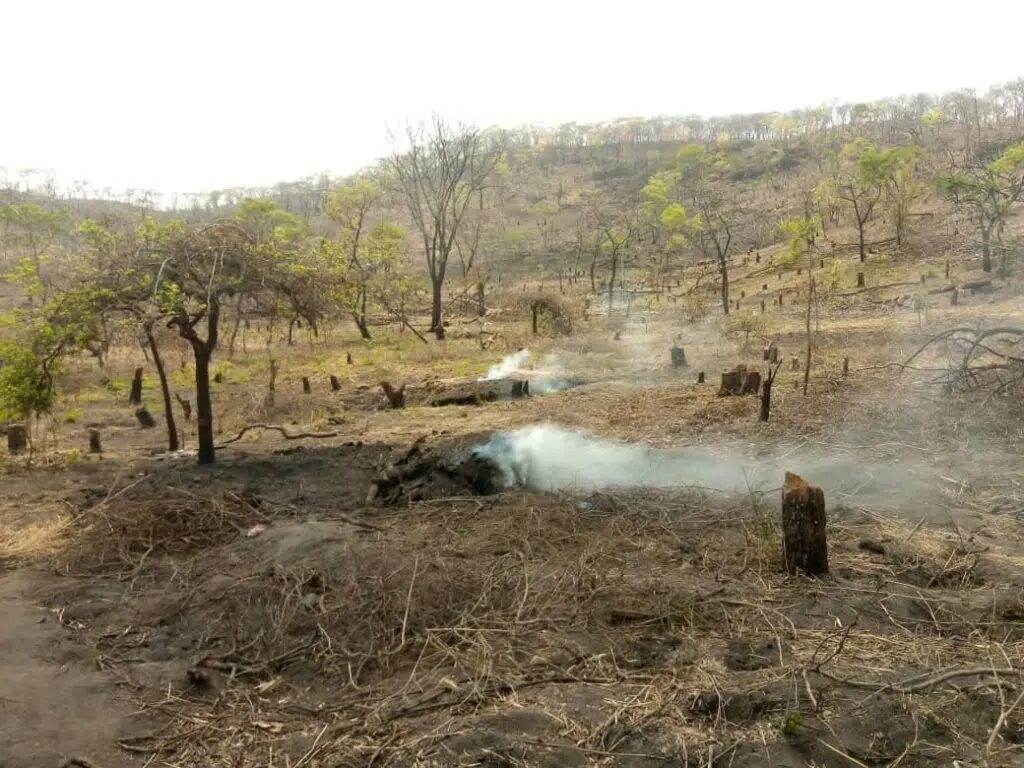
Further, WESM is supporting government agencies in addressing this destruction of Michiru Forest Reserve. WESM has begun engaging local communities around Michiru through meetings with chiefs and other key stakeholders, community and was part of an inter-agency team, led by the Department of Wildlife and National Parks that attempted to remove illegal loggers recently.
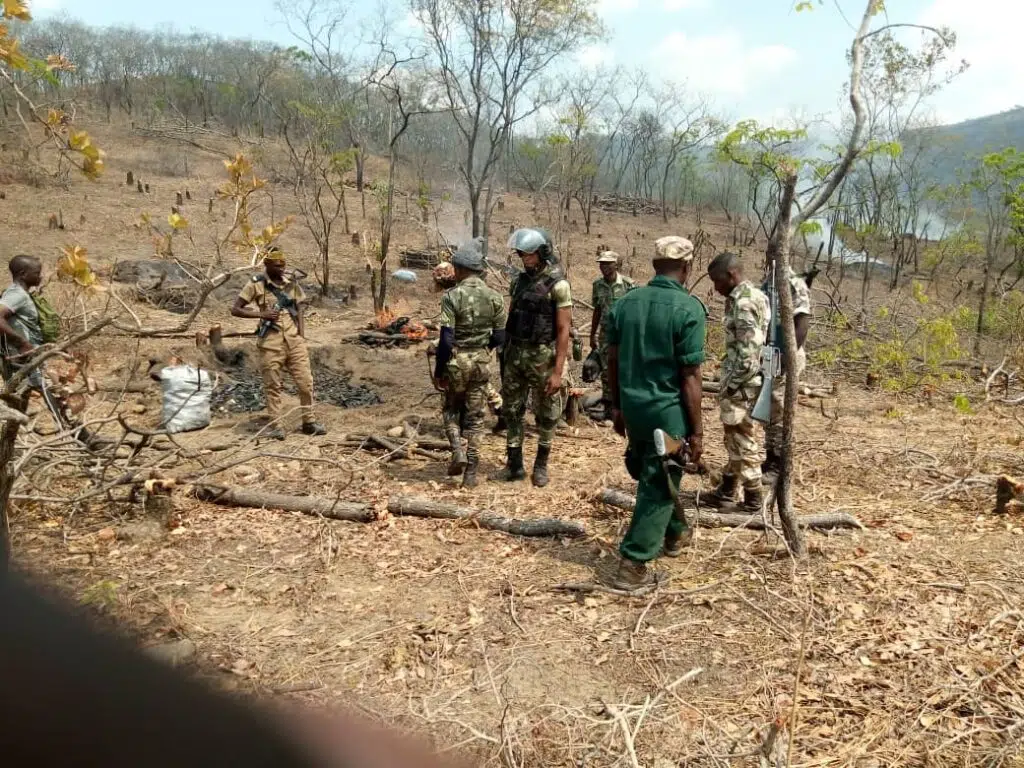
In addition, there is need to update the existing outdated forest management plan for the forest. The plan should be developed in partnership with local communities, civil society organizations, academia and the wider public. WESM is also calling for enhanced awareness raising amongst the local communities to profile the importance of the forest for the country, and for this and future generations.
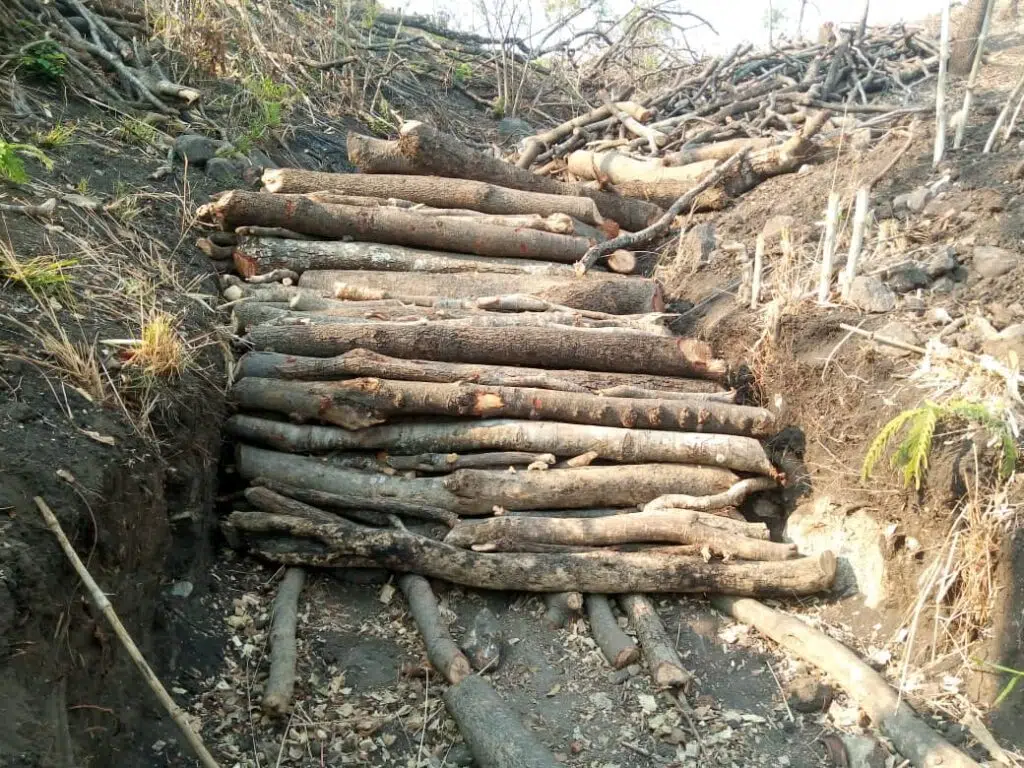
“When I see how fast Michiru Forest is being destroyed, it makes my heart bleed looking at how much effort we had put to conserve this iconic Miombo woodland. We need more hands to fight this battle, and ultimately win it”, concludes Blessings Chingagwe, WESM Programme Manager.
Header image: A section of Michiru Forest Reserve with trees cut down © Ausward Bonongwe

“When I see how fast Michiru Forest is being destroyed, it makes my heart bleed looking at how much effort we had put to conserve this iconic miombo woodland. We need more hands to fight this battle, and ultimately win it.”
Blessings Chingagwe, WESM Programme Manager